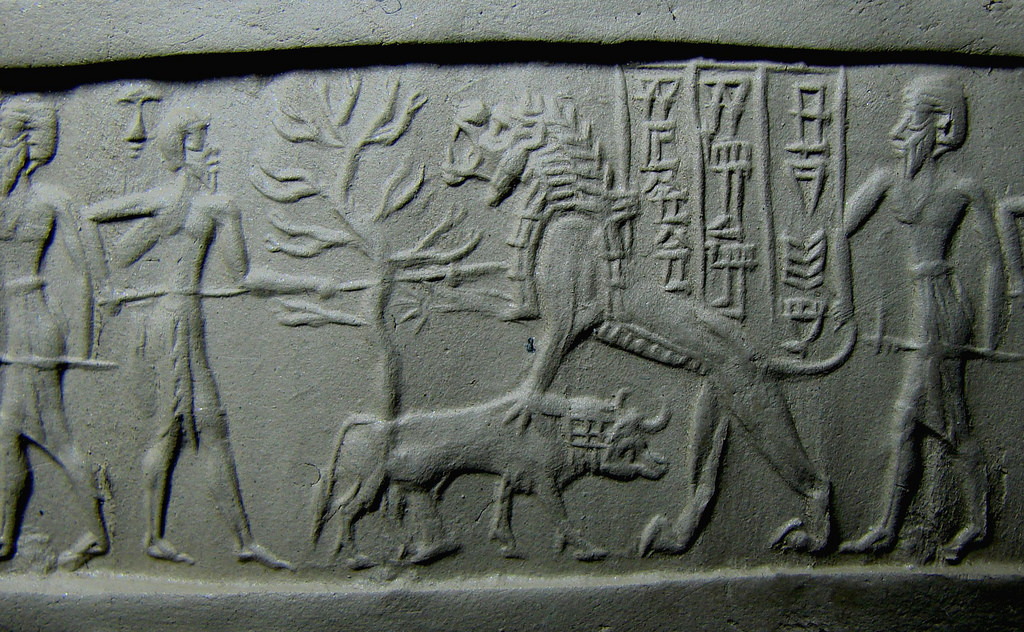
It took 90 years to complete. But, in 2011, scholars at the University of Chicago finally published a 21-volume dictionary of Akkadian, the language used in ancient Mesopotamia. Unspoken for 2,000 years, Akkadian was preserved on clay tablets and in stone inscriptions until scholars deciphered it during the last two centuries.
In the past, we’ve published audio that lets you hear the reconstructed sounds of Akkadian (Hear The Epic of Gilgamesh Read in the Original Akkadian and Enjoy the Sounds of Mesopotamia). Now, should you wish, you can download download PDFs of U. Chicago’s Akkadian dictionary for free. All 21 volumes would cost well over $1,000 if purchased in hard copy. But the PDFs, they won’t run you a dime.
If you would like to sign up for Open Culture’s free email newsletter, please find it here. It’s a great way to see our new posts, all bundled in one email, each day.
If you would like to support the mission of Open Culture, consider making a donation to our site. It’s hard to rely 100% on ads, and your contributions will help us continue providing the best free cultural and educational materials to learners everywhere. You can contribute through PayPal, Patreon, and Venmo (@openculture). Thanks!
Related Content:
The Theater Dictionary: A Free Video Guide to Theatre Lingo
Hear The Epic of Gilgamesh Read in the Original Akkadian and Enjoy the Sounds of Mesopotamia


I commend you for making this monumental work available to the public, free. It’s a most commendable service to humanity, most especially to those interested in languages. But forgive me, isn’t the oldest written language Sumerian?
There is something older than sumerian the tablets of tartaria are like 7500 years ago
The book of leaves
Kudos to the University of Chicago for making this incredible project available to scholars, students and the general public.
Many thanks and congratulations for making this remarkable work on a fundamental cultural resource available to the general and specialized public interested.
However, I think that Minoan and Etrusc languages (though not fully deciphered yet) might display older versions than those of both Akkadian and Sumerian languages.
Does this assertion make sense ?
Your answer is welcomed